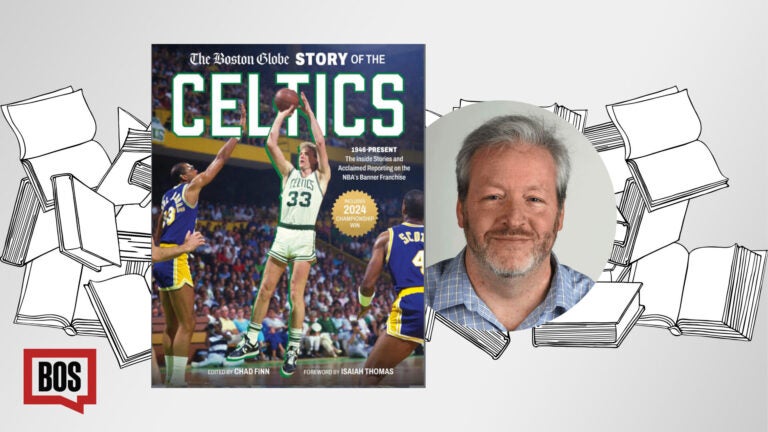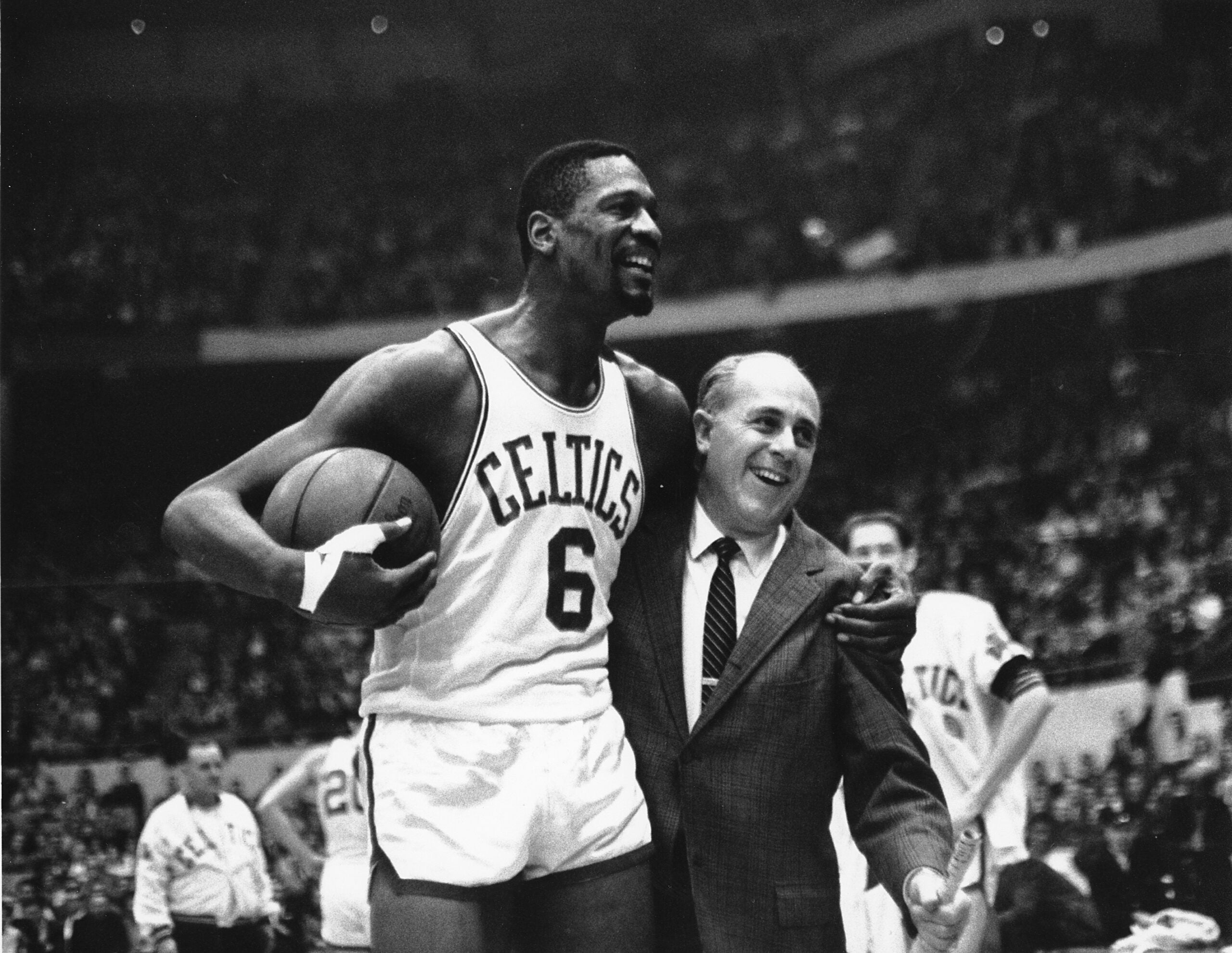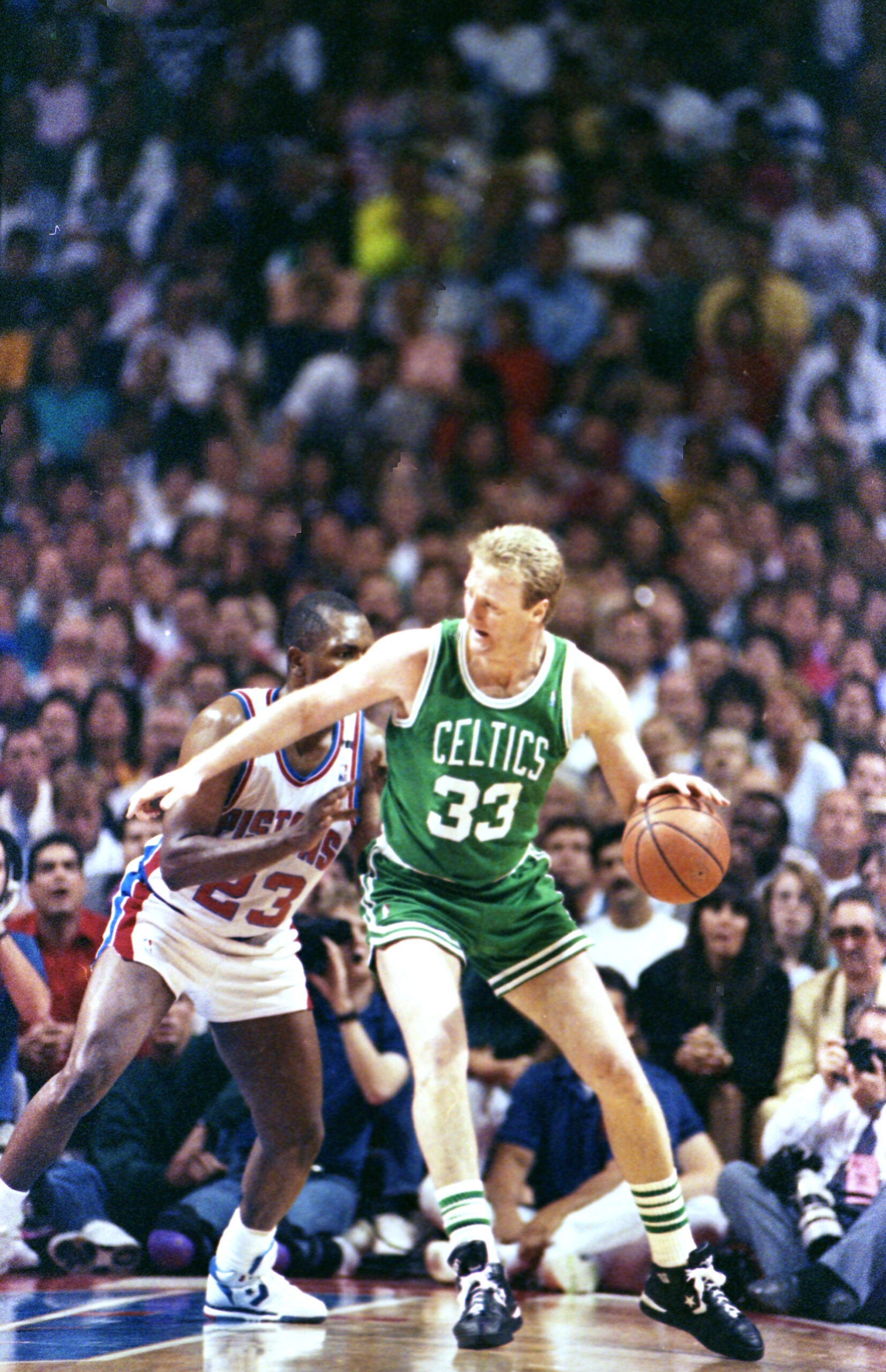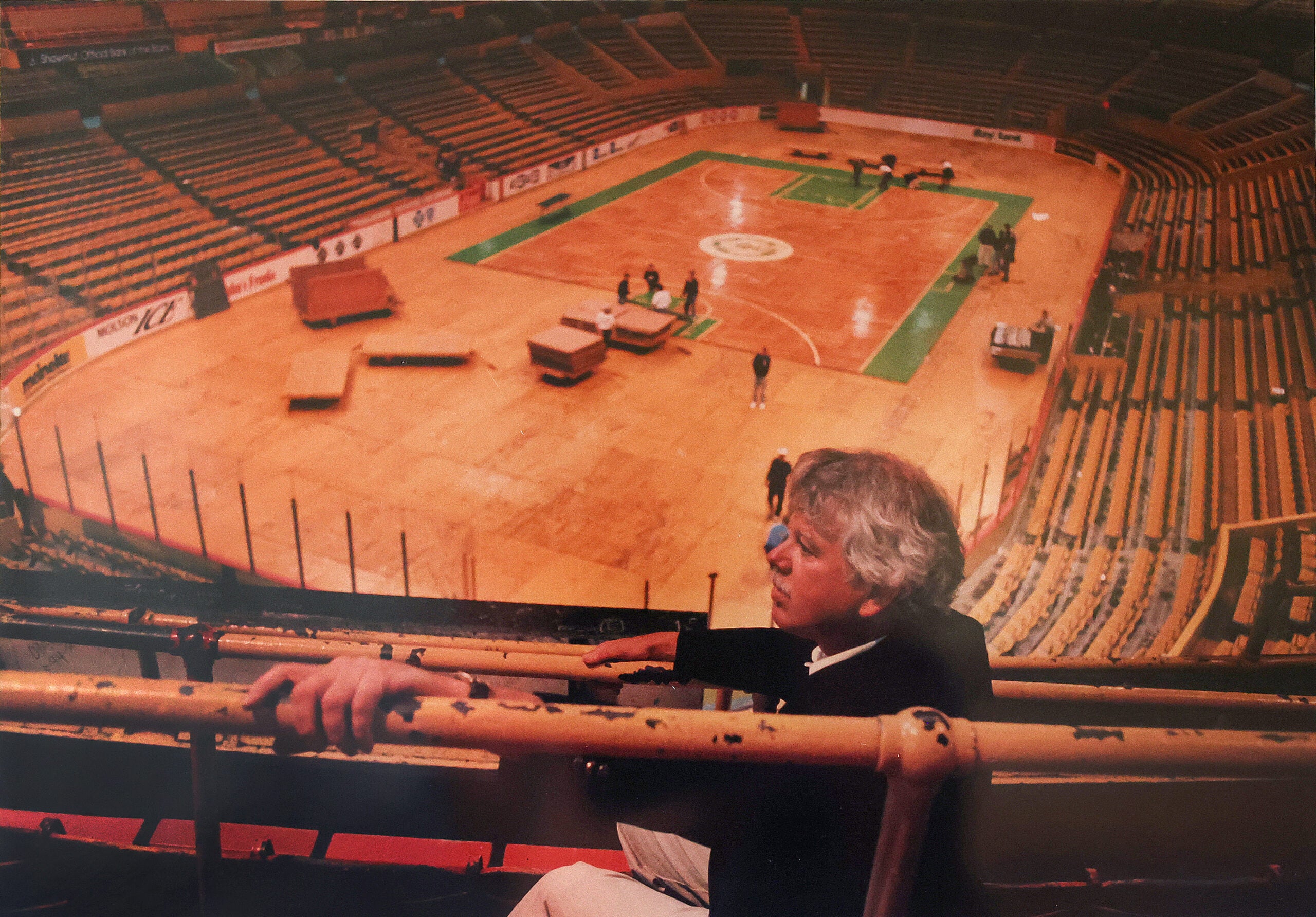Boston.com Today
Sign up to receive the latest headlines in your inbox each morning.

Massachusetts tax revenue in April fell nearly $2.2 billion below the same month in 2022.
While Greater Boston may have been the poster child for commercial real estate’s boom times in the years between the Great Financial Crisis and the pandemic, the region’s office vacancy rate approached 20 percent at the beginning of this year — a 20-year high, the Globe’s Catherine Carlock reported in April.
Higher vacancy rates typically mean landlords float lower rents to woo tenants. This leads to lower property values — and less tax revenue.
“There’s a substantial decline in commercial real estate values underway, impacting the assessed values used for the tax base,” said Thomas J. Jensen, principal and executive director of Boston Appraisal & Consulting, LLC. “Increasing the commercial tax rates will result in a further decrease in assessed value … They can’t get blood from a stone. The gap between residential and commercial tax rates is likely to close.”
The poster child for commercial real estate cratering sits across the country, where a 22-story tower in San Francisco valued at $300 million in 2019 could sell at an 80 percent discount this year, according to The Wall Street Journal.
“We’ve been riding this fantasy for the last five or six years with skyrocketing commercial property value, and that was because the economy was good,” Jensen said. “It’s going to get ugly. It’s not going to be fun for any politician that has to pass a big tax increase.”
Plugging the gap means looking for new income streams — and perhaps revisiting a more-than-40-year-old statute that limits how much property tax local governments can collect. It’s a move that won’t be politically popular and almost certainly put pressure on homeowners across Massachusetts.
Proposition 2½ is the product of a 1980 statewide ballot initiative after years of hefty inflation in the 1970s. The measure limits how much property tax revenue a community can raise via property taxes. The measure states property tax revenues can’t increase more than 2.5 percent annually without an override majority vote.
But the teetering commercial real estate sector has some wondering whether Prop 2½ is eroding the ground of that budgetary cliff upon which cities and towns across Massachusetts may be sitting.
Communities rely on property tax revenue to pay for a wide range of measures, from government salaries to infrastructure, and wages have soared in recent years amid a highly competitive labor market and global supply chain breakdown.
“If there’s no new construction, then you don’t have that additional revenue and all you’re left with is that 2.5 percent incremental cap,” said Larry DiCara, a real estate attorney and former Boston City Council president. “In an inflationary environment, 2.5 percent is not going to be enough to take care of your municipal wage contracts. It’s just math.”
“There will be lots of 2½ overrides in the suburbs,” DiCara predicted.
Newton voters declined a Prop 2½ override earlier this year that would have gone toward closing a school funding gap, but the city passed them in 2013 and 2002.
Any commercial real estate revenue shortfall also puts more pressure on assessments.
“I could see things like assessors putting more effort into making sure they’re picking up renovations and coming out more immediately after a sale — things of that nature,” said Adam H. Langley, associate director of tax policy at the Lincoln Institute of Land Policy. “They’re just making sure that the assessments are accurate and not lagging and not trying to exaggerate values.”
But not every homeowner in Massachusetts will feel the sting.
“The impact of declining office property values is not going to affect all cities equally,” Langley added. “Certainly, in Massachusetts, I would expect a much greater impact in Boston than in bedroom communities where the commercial property tax base is really small.”
Commercial property tax revenue accounted for a little more than 27 percent of the total tax revenue in Suffolk County (home to Boston, Winthrop, Chelsea, and Revere) in fiscal 2023, according to the Massachusetts Department of Revenue. In Barnstable County, which spans all of Cape Cod, commercial property tax revenue accounted for only about 5.5 percent.
“I’m not saying that there isn’t a shift,” R. Lane Partridge, director of the town of Barnstable’s tax assessor’s office, said of potential declines in commercial property tax revenue. “But the impact is not huge because you’re talking about a very small percentage of the total tax base.”
Send comments to camsperance@gmail.com. Subscribe to the Globe’s free real estate newsletter — our weekly digest on buying, selling, and design — at Boston.com/address-newsletter. Follow us on Twitter @globehomes.
Send comments to camsperance@gmail.com. Subscribe to our newsletter on Boston.com/realestate and follow Address on Twitter @globehomes.


Boston police are looking for a man they say inappropriately touched several students at a small high school near Copley Square.
Officers responded around 11:30 a.m. to the Snowden International School on Newbury Street in Back Bay after reports that the man had touched students as they were walking in and out of the building.
“That’s scary, that it’s happening right here,” one woman said.
According to a police report, the man had been seen in the area before, approaching two students. Documents state at one point, a student stated the man “touched his chest and asked, ‘Yo bro, do you work out?’”
Police said photos of the man were captured and sent out to other law enforcement officials.
The department said in a statement that it is “encouraging families to remind students about the importance of being aware of their surroundings and reporting any concerning behavior to their school.”
Boston Public Schools will have an increased Safety Services presence around the campus for the next few days.

Local News
A Boston man who allegedly assaulted a transgender woman at a Blue Line MBTA station on Halloween is facing charges of assault and violating the victim’s civil rights, officials said.
Gregory Burnett, 53, pleaded not guilty to assault and battery causing serious bodily injury, assault and battery, assault and battery with a dangerous weapon (his foot), and a civil rights violation with injury, Suffolk County District Attorney Kevin Hayden said.
The woman, 41, told police that another passenger boarded the train at Maverick, immediately approached her, and shouted “derogatory terms” at her, the DA said. Burnett allegedly said statements including “you’re not a woman, you’re a man.”
Burnett then punched and kicked her, including in the crotch area. The woman tried to defend herself, the DA said, but Burnett grabbed her foot and caused her to fall and fracture her wrist.
Other passengers helped the woman defend herself against Burnett and get him off the train, officials said.
The woman reported the incident to police the next day and said “she felt targeted due to her gender identity based on Burnett’s remarks during the assault,” the DA said.
MBTA police used witness descriptions and surveillance video to identify Burnett and apprehend him at Maverick last Tuesday, according to Hayden’s office.
Burnett was initially held in jail after being found dangerous in court, but was released last week on conditions to stay at home outside of work hours, according to court records. With a GPS, he is confined to his home outside of 7 a.m. to 3 p.m., Monday through Friday. He is also required to maintain employment, stay away from any witnesses, not commit any further offenses, and not possess any firearms.
Sign up to receive the latest headlines in your inbox each morning.

Book Club
Last month, “The Boston Globe Story of the Celtics,” a comprehensive book of nearly every recorded moment in Celtics history, was released. The book’s editor Chad Finn, a sports columnist for The Boston Globe and Boston.com, collected hundreds of Celtics stories written by renowned sports reporters, such as Bob Ryan and Jackie MacMullan, since the team’s inception in 1946.
For Boston.com’s Book Club, Finn joined Boston.com sports writer Hayden Bird to discuss his process and insights in editing his book. Watch the full video, or read highlights of the discussion below.
Below is an abbreviated version of the discussion, which has been edited and condensed for clarity.

With something like this, where it’s a compilation of the Globe‘s coverage of the Celtics throughout their mutual histories, the one thing you’re really wondering about is: Was everything covered?
I think it was a little bit more complicated, a little bit more reason to worry about it, with the Celtics book because of the race element with Bill Russell. Did they cover some of the stuff that players endured back then? Not being able to eat with their teammates when they would go to North Carolina for an exhibition game or something like that. So it was very satisfying, and also a bit of a relief, to find out that the Globe … had covered every single step, every single significant story along the way with the Celtics, from their launch in 1946 until putting out banner No. 18 a couple of weeks ago.
The first thing you have to do is sit down and make a thorough list of every significant thing chronologically that happened in Celtics history. Once you have that list of 450 different things that happened in Celtics lore, then you go into the archives and you say, “Do we have this?”
A lot of it is also our researcher, Jerry Manion, who’s just an absolute expert at finding what you’re looking for. I can’t tell you how many times in putting this book together where I would message Jerry and say, “Can you find that?” and I’d have it five minutes later. To be able to have that kind of support when you’re putting together a project that could be overwhelming is incredible. I’m incredibly grateful for that.
The game stories and the stories from the coverage tended to be play by play, whereas nowadays, it’s a little bit of a look ahead, or a little bit of context on what you just saw, because you know about Jayson Tatum’s dunk and Jaylen Brown’s three-pointer that tied the game. Back then, that was news to you in the morning. You didn’t see it yourself.

One is Bob Ryan’s lead when they drafted Larry Bird. Red Auerbach took him while he still had a year left of college in Indiana State because back then there was a loophole … where you could draft a player if his college class had graduated.
Bob Ryan had seen Larry Bird play in person. He knew what Red had just pulled off, and his lead basically said Red didn’t just look like he swallowed the canary, it looked like he swallowed the whole aviary — perfect lead for Larry Bird. The whole column turned out to be prescient about how Larry’s career would go. I have some favorite stories in the book, but that one would be right up there in the top five just because of how he started it, how he wrote it, and how right he was.
I learned that the quality of writing really elevated in the late ‘60s. People took more chances with their writing.
In 1969, Leigh Montville got hired at the Globe, and I think if you asked every Globe columnist that has worked here the last 50 years, they would tell you Leigh Montville was the best columnist of all in terms of pure writing ability. He was lyrical, and he joined the beat covering the Celtics in Bill Russell’s last year.
There was another writer at the same time named Bob Sales. His style was very easy to read and thoughtful, and did not shy away from opinions that probably were considered pretty progressive at the time. He was very supportive of the Black players on the Celtics. I thought Bob Sales, even more than Leigh Montville because he came before him, was somebody who really changed the style of writing about the Celtics and the approach that people took to it.
Then a whole different topic, but Bob Ryan came around. He started the Globe the same day as [Peter] Gammons in 1968 as interns. When he took over the NBA beat in the early ‘70s, it changed everything.
If there was an incident, or if they were not treated as equals — which happened a lot — to their white teammates, the Globe wrote about it. And I wasn’t sure going into the book if that was going to be the case, and it was.
There are still misconceptions about how the Celtics handled race, and a big part of that is because their team — that a certain generation remembers so well — is Bird, McHale, Danny Ainge. There was a perception: Oh yeah, Celtics, Boston, White. I mean they had the best white players, but it had nothing to do with race why they were here, and Celtics history tells you that.
Look at Celtics history, and Red just wanted to win. He didn’t care about the race or color of his players. He just wanted the best players, and that was well ahead of its time back then.

You get into the eighties, and Magic and Bird change the game in a bunch of different ways — saying they save the league really isn’t an exaggeration. To have grown up watching that, it was really cool to be able to get into that phase of the book where we are doing things that I remember and that I witnessed.
But it was the hardest chapter in the book to edit, and it’s by far the biggest chapter in the book, for two reasons. Obviously they accomplished a lot, and they won the three titles in that era, and there were so many memorable games, the Lakers and the rivalry, the Sixers, and later on the Pistons. And with a book like this, you can’t just put the championships in it. There were so many games that resonated with people along the way.
The other thing was the quality of the writing was mind-blowing. It was Bob Ryan at the peak of his powers; it was Dan Shaughnessy, Montville; Jackie MacMullan came along in the late ‘80s. So the hardest thing I had to do with this book was pick which story to use without being redundant when two or three of them wrote about the same subject. Which one do I use?
I dedicated the book to my daughter who’s the biggest Celtics fan I know. I also dedicated to Bob Ryan, who is my writing hero.
I also think just writing about the family aspect of it — that’s become a really big thing with the Celtics themselves. I’ve never seen a team that was as connected and as willing to allow people around the players, their kids, their wives, to be as big a part of things as the 2024 Celtics were.
I think it bonded them together even more where they’ve developed this culture, where it’s just greater than what they have on the court.
Catch up on the latest Boston.com Book Club pick and join the virtual author discussions.


Column: OpenAI just scored a huge victory in a copyright case … or did it?


Bird flu leaves teen in critical condition after country's first reported case


Column: Molly White's message for journalists going freelance — be ready for the pitfalls
Sarah Palin, NY Times Have Explored Settlement, as Judge Sets Defamation Retrial


Trump nominates Dr. Oz to head Medicare and Medicaid and help take on 'illness industrial complex'


Trump taps FCC member Brendan Carr to lead agency: 'Warrior for Free Speech'
/cdn.vox-cdn.com/uploads/chorus_asset/file/25739950/247386_Elon_Musk_Open_AI_CVirginia.jpg)
/cdn.vox-cdn.com/uploads/chorus_asset/file/25739950/247386_Elon_Musk_Open_AI_CVirginia.jpg)
Inside Elon Musk’s messy breakup with OpenAI


Some in the U.S. farm industry are alarmed by Trump's embrace of RFK Jr. and tariffs